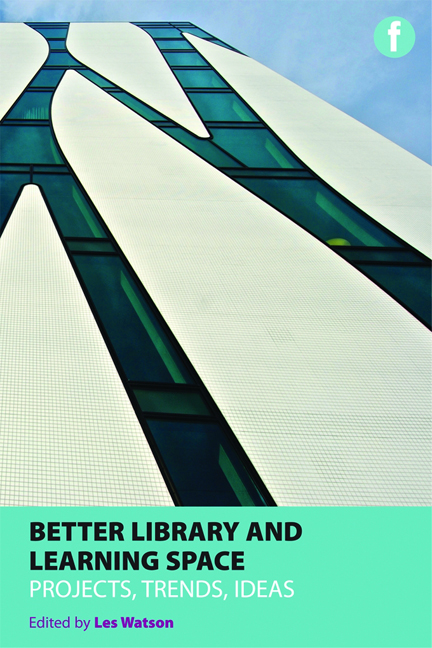Book contents
- Frontmatter
- Contents
- Case studies
- Acknowledgements
- Contributors
- Introduction – about this book
- PART 1 PROJECTS AND TRENDS
- Introduction
- 1 UK projects and trends
- 2 US projects and trends
- 3 China projects and trends
- 4 Hong Kong projects and trends
- 5 European projects and trends
- 6 Australasian projects and trends
- Summary to Part 1
- PART 2 TRENDS AND IDEAS
- PART 3 IDEAS AND FUTURES
- Index
1 - UK projects and trends
from PART 1 - PROJECTS AND TRENDS
Published online by Cambridge University Press: 08 June 2018
- Frontmatter
- Contents
- Case studies
- Acknowledgements
- Contributors
- Introduction – about this book
- PART 1 PROJECTS AND TRENDS
- Introduction
- 1 UK projects and trends
- 2 US projects and trends
- 3 China projects and trends
- 4 Hong Kong projects and trends
- 5 European projects and trends
- 6 Australasian projects and trends
- Summary to Part 1
- PART 2 TRENDS AND IDEAS
- PART 3 IDEAS AND FUTURES
- Index
Summary
Introduction
There is no doubt that the environment for libraries, and particularly for library development, in the UK has become really tough since the economic crash of 2008. Over the past 15 years there has been a traumatic shift from a period of boom to one of bust in the financial environment, which has affected resource availability. This period of fiscal constraint is a key factor influencing the continuation of library as place, and sits in a broader global context of major technological, informational, societal and behavioural change discussed in Part 2 of this book, and questions the need for physical library spaces. Judging from press and television reports in recent years, it seems that funding is the biggest single most important factor faced by UK libraries – particularly small local public libraries. Public libraries show around a 13% reduction in income between 2008/09 and 2011/12 (LISU, 2013). These same press and television reports also indicate that libraries have changed little over the past 50 years, which is confirmed by those protesting against library closures or service restrictions; these protestors build their primary arguments opposing these changes around the library as book repository and place of reading (Horn, 2008). It is easy to see how government and local authorities might dismiss such protests in an age when more information than ever before is available through more channels than ever before to more people than ever before. ‘Between the birth of the world and 2003, there were five exabytes of information created. We [now] create five exabytes every two days’ (King, 2013). And thanks to a mixed economy of paper and e-books, more people are reading than ever before (Sweeney, 2011). An important consequence for libraries of this massive increase in information resources on the internet is that it creates more opportunities for informal personal learning than ever before – there is an unmet need for learning facilitation and support, potentially giving libraries an important future.
Despite the tough financial climate there have been many new library developments in the UK, particularly in the university sector, in recent years including refurbished and repurposed space as well as completely new buildings.
- Type
- Chapter
- Information
- Better Library and Learning SpaceProjects, trends and ideas, pp. 5 - 20Publisher: FacetPrint publication year: 2013



